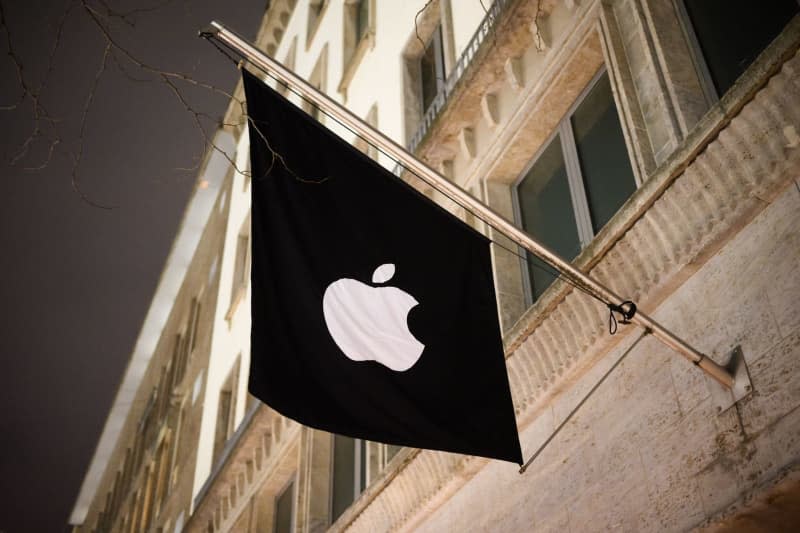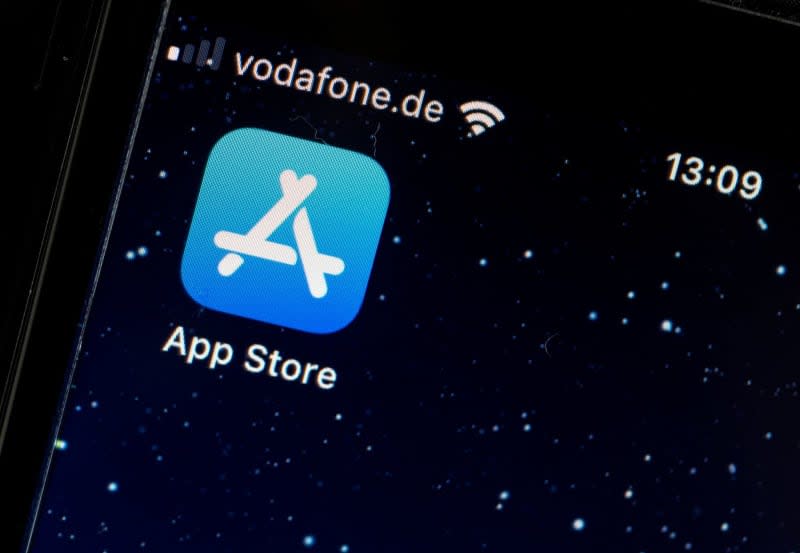Apple to limit risks of alternative app stores allowed under EU law

After being forced to open up the app market for iPhone users in the European Union, Apple has announced in an extensive paper on Friday that it will also block dangerous apps from rival marketplaces.
Even when alternative marketplaces become available to iPhone users in Europe, only apps that have undergone a security check at Apple may be installed, the company explains in a new whitepaper.
As such, iPhone owners will not have the same freedoms as on Google's Android platform, where smartphone owners have long been able to download and install apps that were geoblocked, banned or just not available on Google's Play Store.
As part of its new process, Apple will check whether apps contain false information about their features and capabilities, whether they pretend to be other apps or whether they have hidden, dormant or undocumented functions.
Apple will also check apps from rival app stores to see whether the apps make it clear to users why they want to access data sources that are managed by the iPhone operating system iOS, such as the microphone, camera and the user's photos or location.
In contrast to Apple's in-house store, however, there is no detailed app check that also includes the content and terms and conditions.
Until now, iPhone users could only install applications from Apple's App Store. According to the legal requirements of the new EU Digital Markets Act (DMA), large and dominant providers, so-called gatekeepers, must also allow app stores from other providers.
As a rule, Apple will not check the content of apps from alternative stores and does not take action against pornography or instructions for drug use.
However, the company says it will intervene if malicious apps could cause physical harm to users. Apple says it will block dangerous "challenge" apps that encourage users to endanger themselves or others or that glorify suicide.
Apple, begrudgingly rolling out the changes enforced by EU law after much protest, says its new approach will offer the "most secure experience possible for users in the EU — even if it won’t be as secure, privacy-protecting or safe as in the rest of the world. "
The Apple paper points out that its competitor Google allows users to freely download and install ("sideload") apps on Android smartphones, but considers this to be risky. In its Advanced Protection Programme for journalists, activists and business and political leaders, Google prevents sideloading in order to avoid risks.


